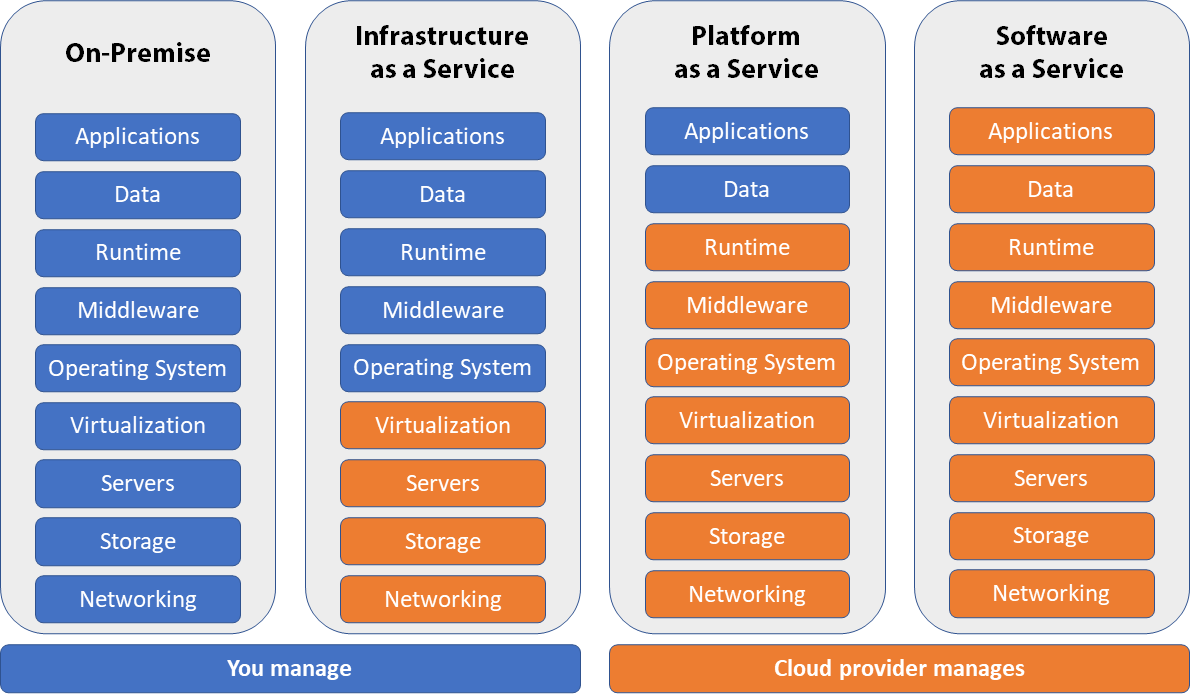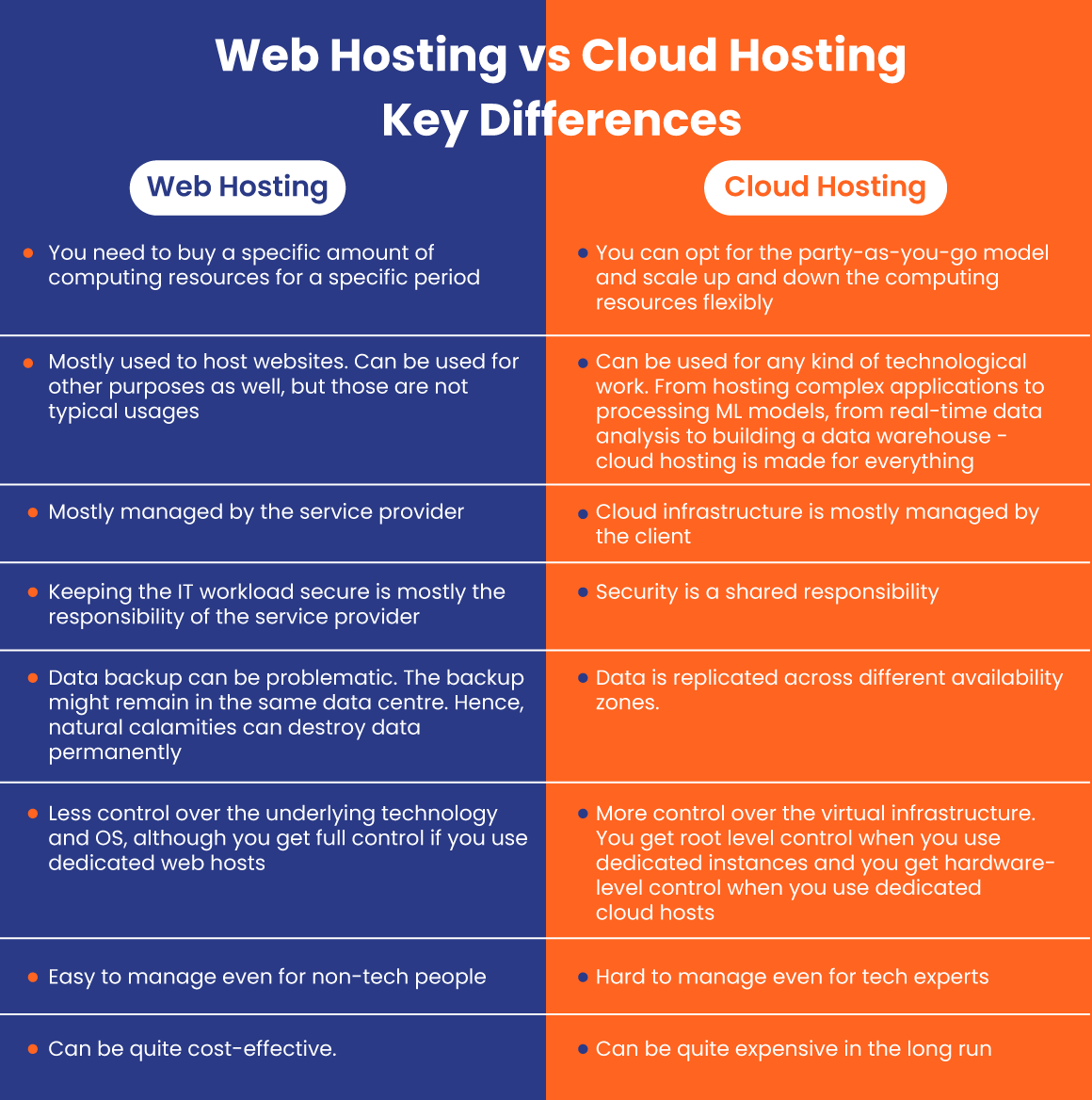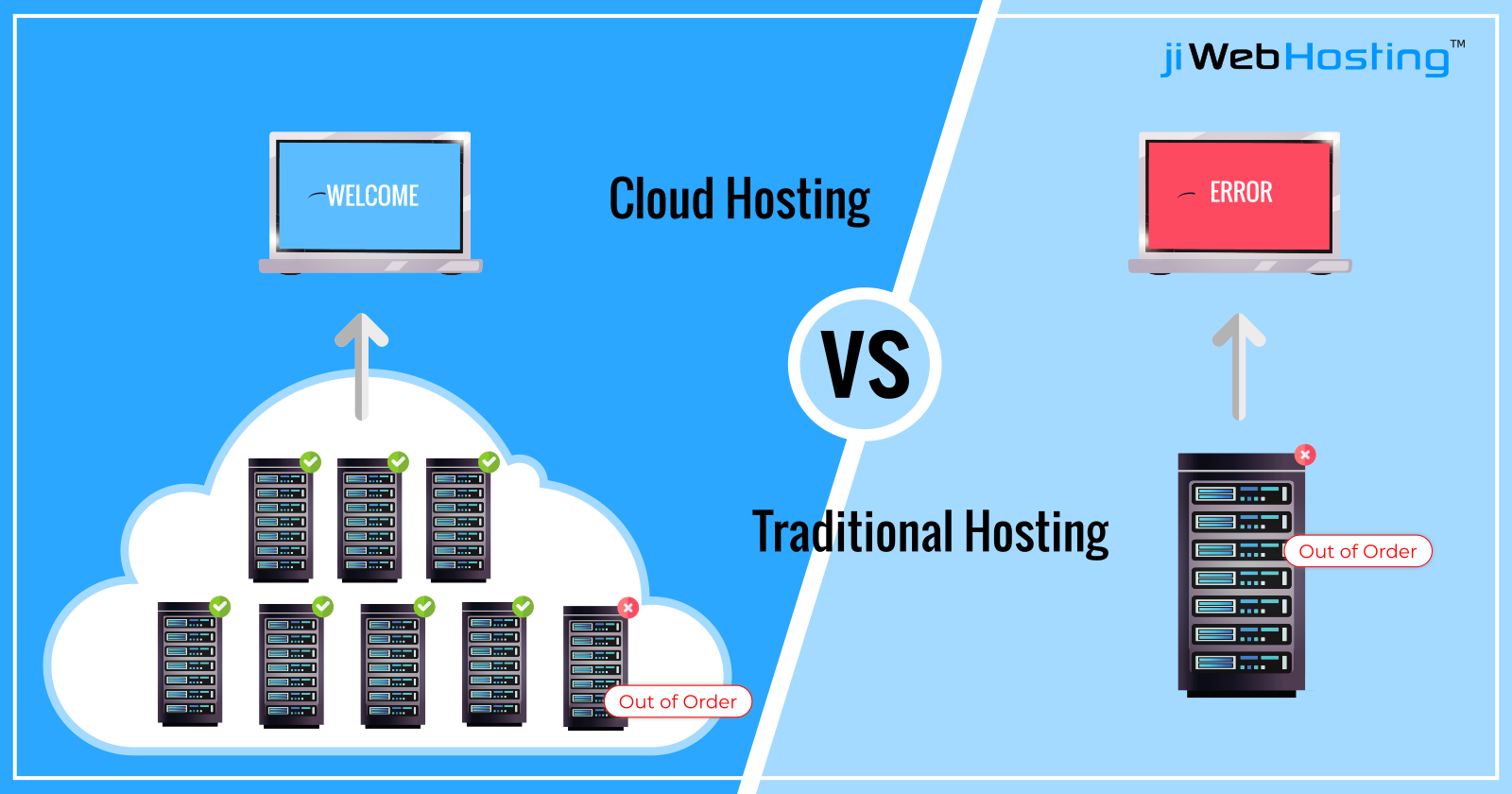In today’s digital landscape, hosting your website is a critical decision that can impact its performance, scalability, and accessibility and when it comes to hosting options, two primary choices are cloud vs non cloud hosting. Each has its own set of advantages and considerations. In this article, Uley will explore the key differences and benefits of cloud vs non cloud hosting, helping you make an informed decision for your website’s hosting needs.
Cloud vs Non Cloud Hosting: Understanding the Key Differences and Benefits
I. Understanding Cloud Hosting:
- Definition and Overview: cloud vs non cloud hosting is a type of hosting where your website is hosted on multiple virtual servers that are part of a larger network, often referred to as a cloud. This distributed infrastructure allows for resource scalability, redundancy, and high availability.
- Scalability and Flexibility: cloud vs non cloud hosting offers on-demand scalability, enabling you to quickly adjust resources based on your website’s needs. This flexibility allows for efficient resource allocation and cost optimization.
- Reliability and Redundancy: Cloud hosting utilizes a redundant infrastructure, spreading your website across multiple servers. This redundancy minimizes the risk of downtime and ensures high availability.
- Cost Efficiency: With cloud vs non cloud hosting, you pay for the resources you actually use, making it a cost-effective option, especially for websites with fluctuating traffic patterns.
- Advanced Features: cloud vs non cloud hosting often comes with additional features such as load balancing, content delivery networks (CDNs), and automatic backups, enhancing website performance, speed, and data protection.
II. Exploring Non-Cloud Hosting:
- Definition and Overview: cloud vs non cloud hosting, also known as traditional or dedicated hosting, involves hosting your website on a single physical server or a dedicated server. This server is solely dedicated to your website and its resources.
- Performance and Control: cloud vs non cloud hosting can provide high performance and control as you have exclusive access to the server and its resources. This can be advantageous for websites with specific resource requirements or intensive applications.
- Customization and Security: Non-cloud hosting allows for more customization options, enabling you to configure the server based on your specific needs. Additionally, you have greater control over security measures and data protection.
- Predictable Costs: With non-cloud hosting, you typically pay a fixed cost for the server, regardless of resource usage. This can be beneficial for websites with predictable traffic patterns and resource requirements.
- Maintenance and Management: cloud vs non cloud hosting requires more technical expertise and responsibility for server maintenance, software updates, and security management.
III. Benefits of Cloud Hosting:
- Scalability and Elasticity: cloud vs non cloud hosting offers unmatched scalability, allowing your website to handle traffic spikes and accommodate growth without disruption. You can easily scale resources up or down based on demand.
- High Availability and Reliability: cloud vs non cloud hosting utilizes redundant infrastructure, ensuring high availability and minimizing downtime. Even if one server fails, your website remains accessible from other servers.
- Cost Optimization: With cloud hosting, you only pay for the resources you use, making it cost-efficient, especially for websites with varying traffic patterns. It eliminates the need for upfront hardware investments and reduces operational costs.
- Geographic Reach and Performance: Cloud hosting providers often have data centers across different regions, allowing you to host your website closer to your target audience. This reduces latency and improves website performance.
- Disaster Recovery and Data Backup: cloud vs non cloud hosting providers offer robust disaster recovery mechanisms and automated data backups, ensuring data protection and minimizing the risk of data loss.
IV. Benefits of Non-Cloud Hosting:
- Performance and Resource Allocation: Non-cloud hosting provides dedicated resources, ensuring consistent performance, especially for resource-intensive applications and websites with specific requirements.
- Security and Control: With non-cloud hosting, you have greater control over security measures, server configurations, and data protection. This can be advantageous for websites dealing with sensitive data.
- Customization and Software Compatibility: Non-cloud hosting allows for more customization options, enabling you to tailor the server environment to suit your specific needs. It also provides better compatibility with legacy software and applications.
- Technical Support and Management: Non-cloud hosting often includes comprehensive technical support and server management services, relieving you of the burden of server maintenance and software updates.
- Regulatory Compliance: Non-cloud hosting can be a preferred choice for websites that need to comply with specific regulatory requirements due to the increased control and customization options available.
V. Factors to Consider When Choosing cloud vs non cloud hosting:
- Website Requirements: Assess your website’s needs, including traffic patterns, resource requirements, and performance expectations, to determine which hosting option aligns best with your goals.
- Scalability and Growth: Consider the potential growth of your website and the ability of the hosting solution to scale accordingly.
- Budget and Cost Considerations: Evaluate your budget and analyze the cost structures of cloud hosting and non-cloud hosting to determine which option provides better cost efficiency for your website.
- Technical Expertise: Assess your technical expertise or the availability of resources to manage and maintain the hosting environment, as non-cloud hosting often requires more technical knowledge.





